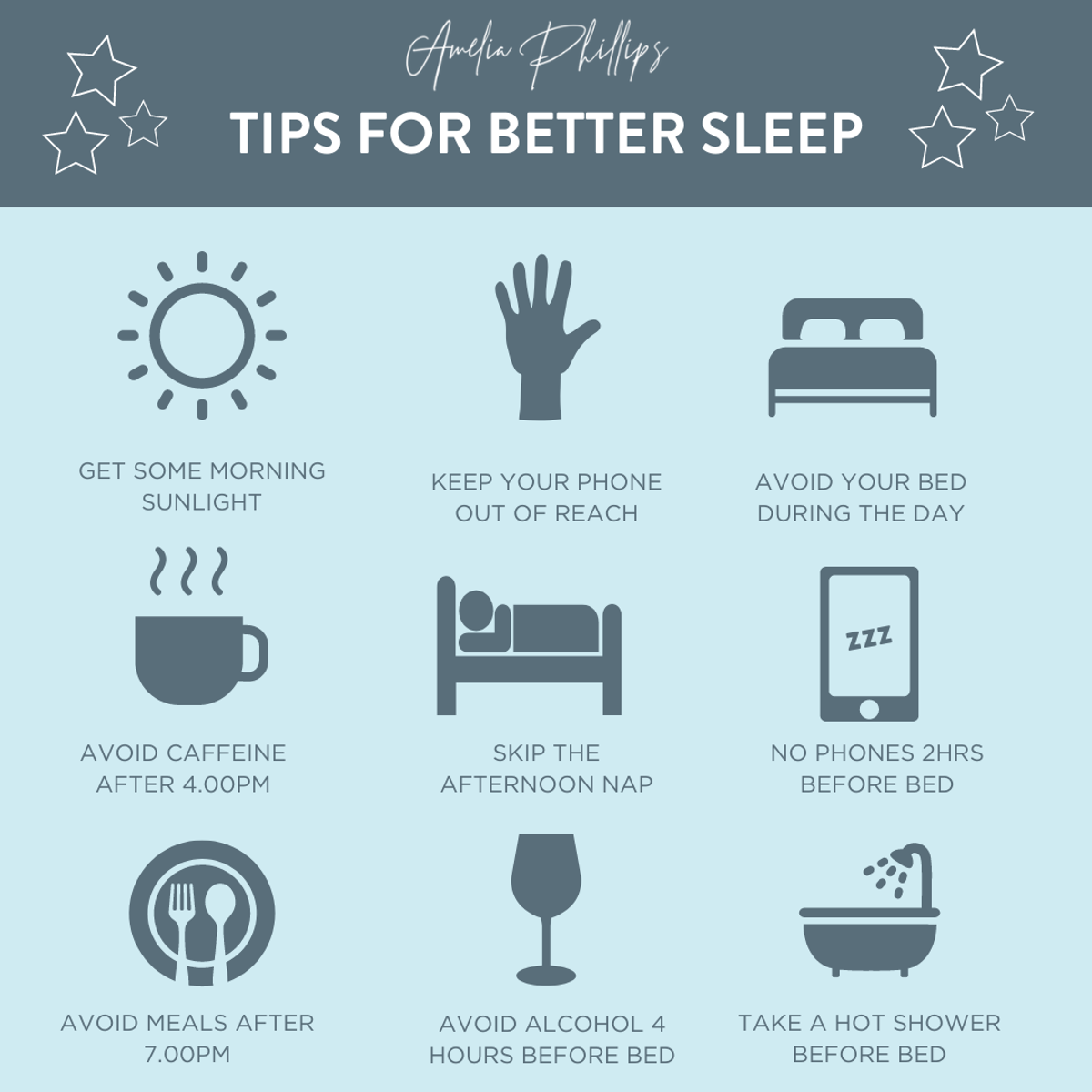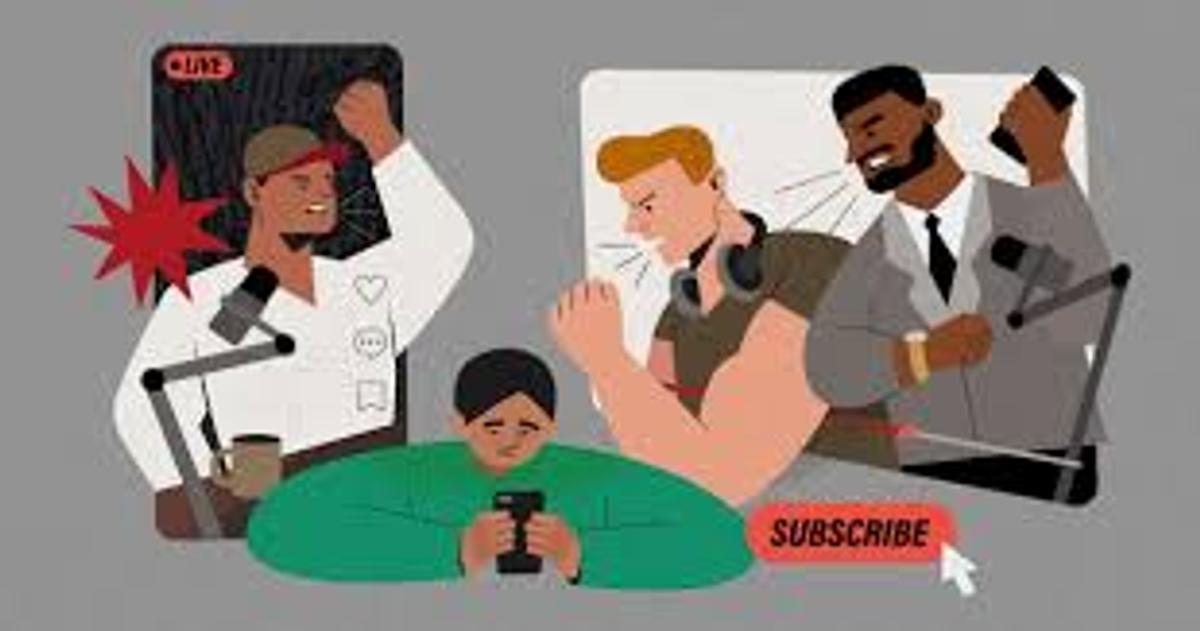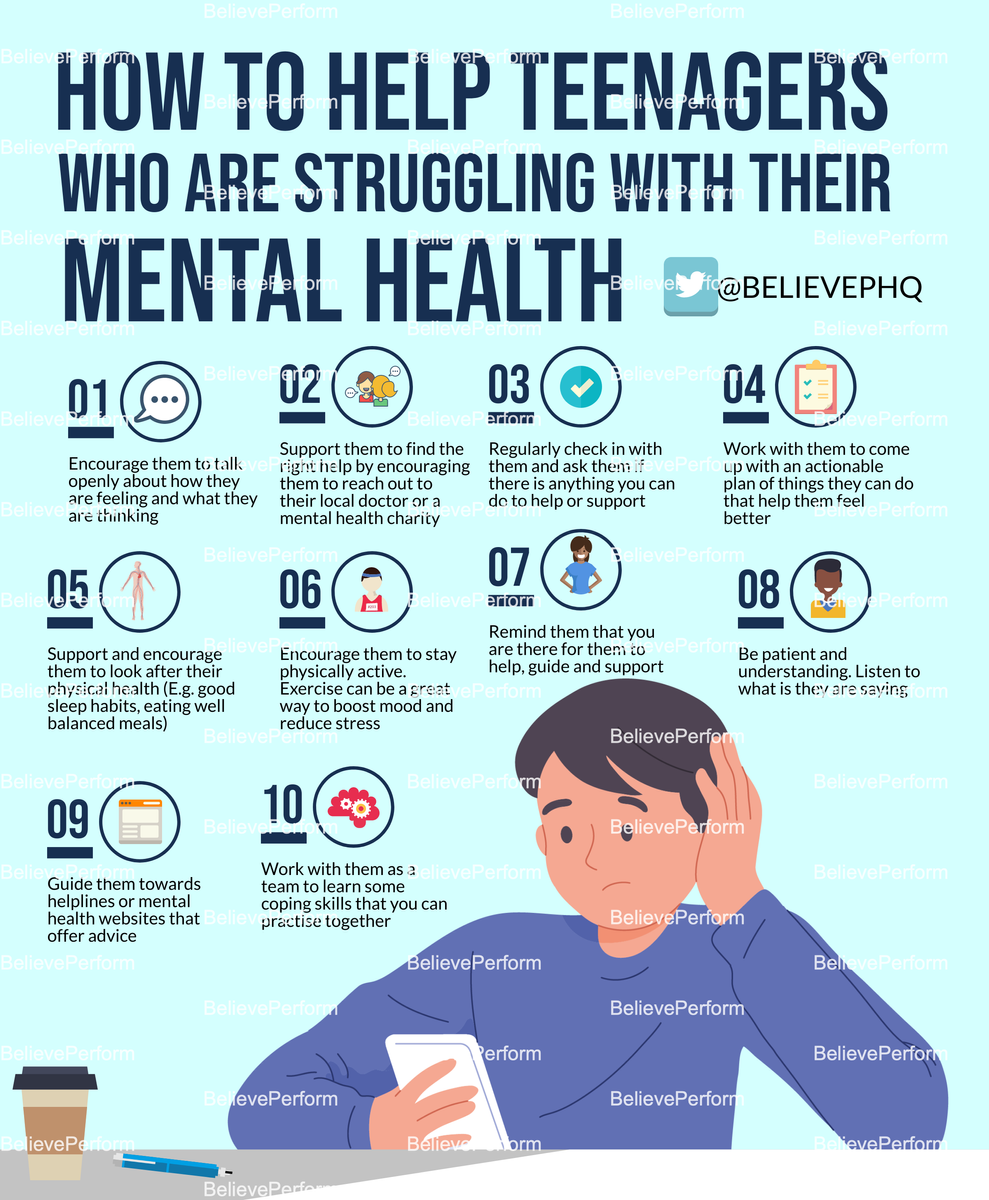HEALTH &
WELLBEING CENTRE
News from college counsellors Br Roger Vallance FMS,
Ms Marijke Keller and Sacha Donaldson RN

HEALTH &
WELLBEING CENTRE
News from college counsellors Br Roger Vallance FMS,
Ms Marijke Keller and Sacha Donaldson RN
This week we turn our attention to social media, particularly at bedtime. Why? Setting good patterns of sleep early in the term builds a strong foundation for the academic work of this important Term 3. We need to recognise that sleep hygiene is an important for our minds and emotional lives as physical hygiene is for keeping our bodies healthy. This term is packed full. In Week 4 there is the Year 10 Camp at Chillagoe and the Year 11 Retreat, and the term ends with Year 12 mock exams to prepare for final ATAR assessments. While Week 1 was short, the rest of this term is pretty much five days full on each week.


Social media before bedtime destroys sleep
Sleep deprivation is one of the most widespread yet overlooked public health issues, especially among young adults and adolescents. Despite needing eight to 10 hours of sleep, most adolescents fall short, while nearly two-thirds of young adults regularly get less than the recommended sleep time.
Poor sleep isn’t just about feeling tired − it’s linked to worsened mental health, poor emotional regulation, increased irritation, increased disciplinary problems in school, reduced memory capacity and recall, degraded academic performance and even increased risk for chronic illness and early mortality.
From Trinity College USA comes a thoughtful and thorough article explaining how and why social media just before sleep time is harmful to adolescents. This article is below.


What parents need to know to talk to their children about the manosphere
There is a lot of talk round the manosphere and it is clear that well over 50% of boys encounter these discussions inadvertently, apart from others who go looking!
Somewhat fuelled by the Netflix series Adolescence, interest in the manosphere explores an alternative, anti-female social perspective. While some might call the manosphere anti-feminist or restoring the balance between genders, clear evidence shows that the manosphere's version of masculinity presents a seriously distorted and dystopian view as "males superior, females inferior". The GenNext article is below.


Recent research on teen mental health
We know young people in Australia and worldwide are experiencing growing mental health challenges. The most recent national survey from the Australian Bureau of Statistics found nearly two in five (38.8%) 16–24-year-olds experienced symptoms of a mental disorder in the previous 12 months. This was substantially higher than the last time the survey was run in 2007, when the figure was 26%.
A new study looks at the rates of mental health problems among Australian high school students specifically. It found almost one in four high school students report mental health problems by Year 10 – and things are worse for girls and gender-diverse teens. This Sydney University report is below.
Parents who are concerned about their son’s mental health or emotional regulation can be confident that College counsellors are skilled in these areas and will manage your son’s concerns with confidentiality and empathy.
Our contacts
Sacha Donaldson RN sdonaldson@cns.catholic.edu.au 07 4052 9132
Marijke Keller mkeller@cns.catholic.edu.au 07 4052 9134
Br Roger Vallance fms brroger@cns.catholic.edu.au 07 4052 9133